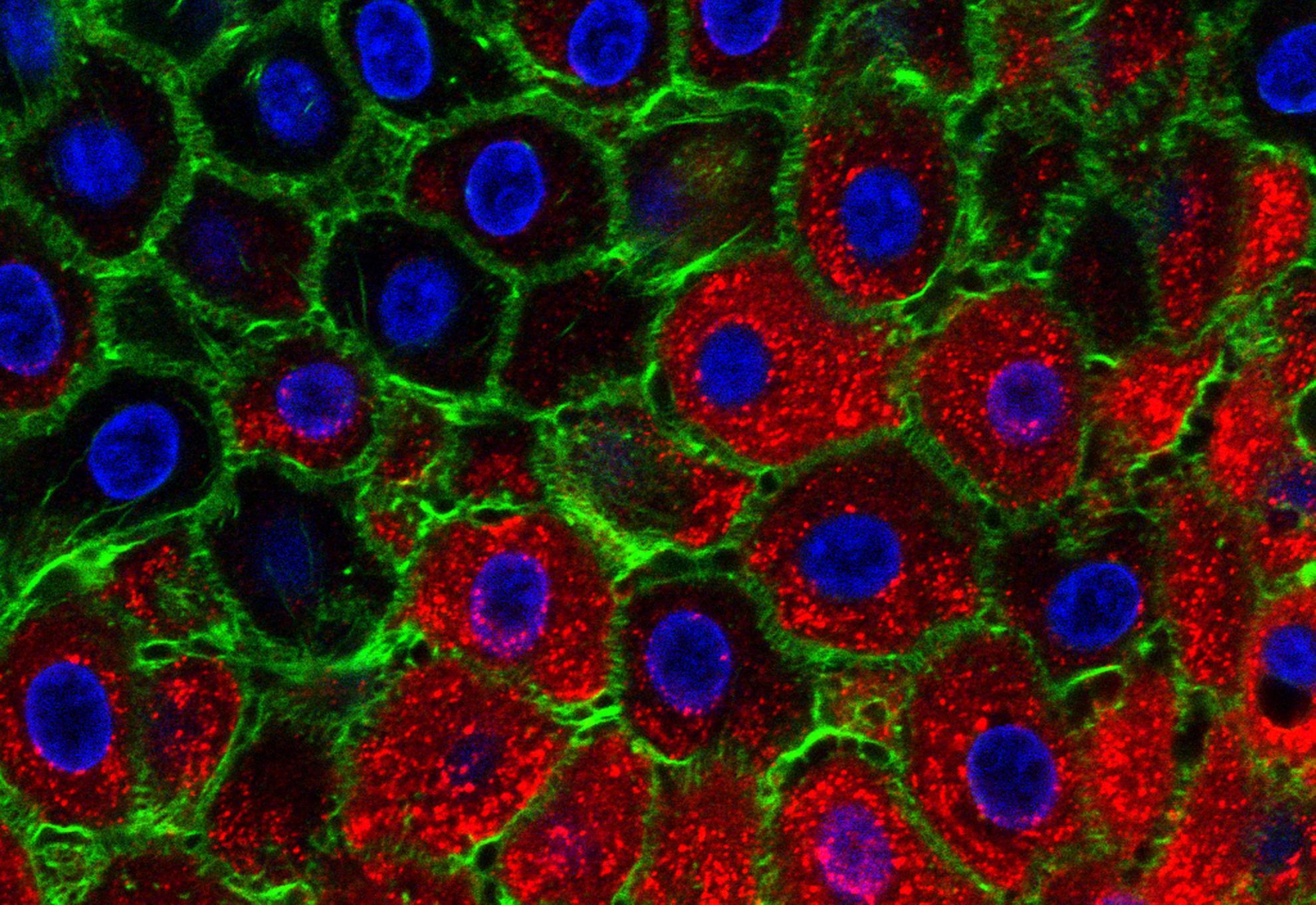Evolution of foot-and-mouth disease virus intra-sample sequence diversity during serial transmission in bovine hosts
RNA virus populations within samples are highly heterogeneous, containing a large number of minority sequence variants which can potentially be transmitted to other susceptible hosts. Consequently, consensus genome sequences provide an incomplete picture of the within- and between-host viral evolutionary dynamics during transmission. Foot-and-mouth disease virus (FMDV) is an RNA virus that can spread from primary sites of replication, via the systemic circulation, to found distinct sites of local infection at epithelial surfaces. Viral evolution in these different tissues occurs independently, each of them potentially providing a source of virus to seed subsequent transmission events. This study employed the Illumina Genome Analyzer platform to sequence 18 FMDV samples collected from a chain of sequentially infected cattle. These data generated snap-shots of the evolving viral population structures within different animals and tissues. Analyses of the mutation spectra revealed polymorphisms at frequencies >0.5% at between 21 and 146 sites across the genome for these samples, while 13 sites acquired mutations in excess of consensus frequency (50%). Analysis of polymorphism frequency revealed that a number of minority variants were transmitted during host-to-host infection events, while the size of the intra-host founder populations appeared to be smaller. These data indicate that viral population complexity is influenced by small intra-host bottlenecks and relatively large inter-host bottlenecks. The dynamics of minority variants are consistent with the actions of genetic drift rather than strong selection. These results provide novel insights into the evolution of FMDV that can be applied to reconstruct both intra- and inter-host transmission routes.

